detail profile vladimir gardin
Peran Yang Di Mainkan Vladimir Gardin
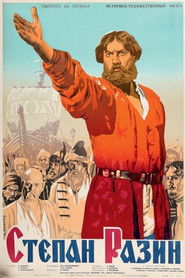 Don Cossack Stepan Razin boyars vowed...
Don Cossack Stepan Razin boyars vowed...Stepan Razin 1939
Don Cossack Stepan Razin boyars vowed revenge for his friends tortured torture. As head of the rebellious peasants, he becomes the leader of the whole army. With all the Russian land flock to him humiliated and oskorblennye.Tsar Alexey concerned the growing power Ataman. Church anathematizes Stepan collected in the march on Moscow. Regular king's troops manage to stop rebel forces near the walls Simbirska.Spodvizhniki perish, and the chieftain captured. Severe torture did not break the will of Razin.
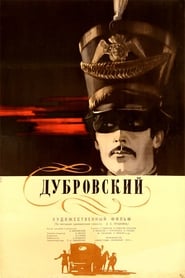 Peasant rebelling pictures of folk anger...
Peasant rebelling pictures of folk anger...Dubrovskiy 1936
Peasant rebelling, pictures of folk anger - here accent that had to put Ivanovo in a new film. The manuscript of novel was found post mortem Pushkin in his papers. The name he did not have and remained unfinished. Intention of "Dubrovskiy" was prompted by an actual incident. A few variants of upshot of novel were saved. Ivanov became familiar with all and wrote it.
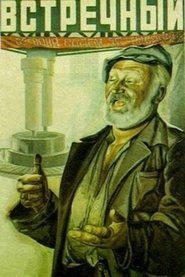 Shame or Counterplan is a 1932 Soviet...
Shame or Counterplan is a 1932 Soviet...Shame 1932
Shame or Counterplan is a 1932 Soviet drama film directed by Sergei Yutkevich and Fridrikh Ermler. The film’s title-song called "The Song of the Counterplan", composed by Dmitri Shostakovich, became world famous and was adapted into "Au-devant de la vie", a notable song of the French socialist movement of the 1930s. This film could be considered as a Stalin propaganda film. The plot involves an effort to catch "wreckers" at work in a Soviet factory. From Wikipedia, the free encyclopedia
 The Government of the fictional country...
The Government of the fictional country...Locksmith and Chancellor 1924
The Government of the fictional country Norland has unleashed a war with the neighboring Galikania and is suffering one defeat after another. A group of conspirators who were dissatisfied with this state of affairs, led by the Social Democrat Frank Frey arrange a coup to overthrew the emperor of Norland. But the working class does not like the new order either. Workers expose Frank Frey's policy of continuing the war and a revolution breaks out in the country. The leader of the socialist revolution becomes a mechanic of the name Franz Stark.
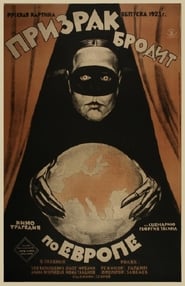 Set in an imaginary land where...
Set in an imaginary land where...A Spectre Haunts Europe 1923
Set in an imaginary land where the threat of revolution spurs the Emperor to seek exile in one of the most distant parts of his realm. There he meets Elka, the daughter of a revolutionary who has been banished here due to his confrontational activities. The two fall in love but meet a violent end when the revolutionaries, led by Elka's father, destroy the palace.
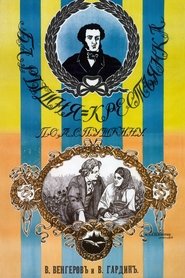 Silent feature film by Olga Preobrazhenskaya...
Silent feature film by Olga Preobrazhenskaya...Miss Peasant 1917
Silent feature film by Olga Preobrazhenskaya and Vladimir Gardin based on Pushkin’s story of the same name. Considered lost. Directorial debut of Olga Preobrazhenskaya.
 Fiveepisode adaptation of the eponymous Russian...
Fiveepisode adaptation of the eponymous Russian...Petersburg Slums 1915
Five-episode adaptation of the eponymous Russian novel, directed by Pyotr Chardynin et al.
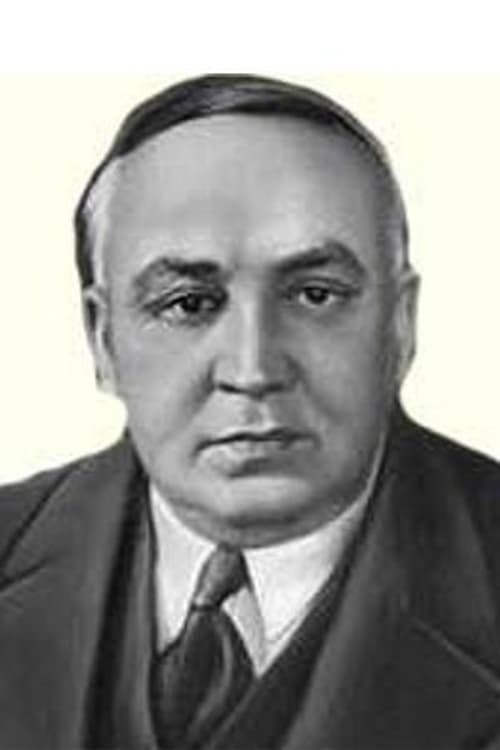
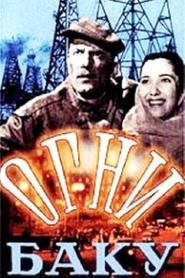 Dedicated to the development of the...
Dedicated to the development of the...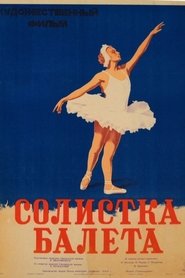
 Depicts Russian Tsar Peter the Firsts...
Depicts Russian Tsar Peter the Firsts...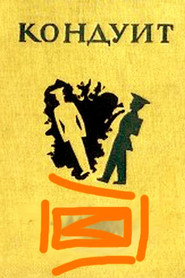
 The peaceful life of an exemplary...
The peaceful life of an exemplary...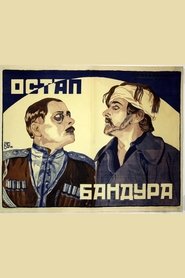 Ukrainian Soviet film about the fate...
Ukrainian Soviet film about the fate...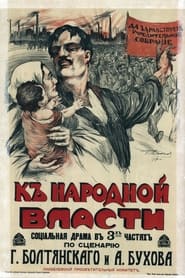 A worker and union leader is...
A worker and union leader is...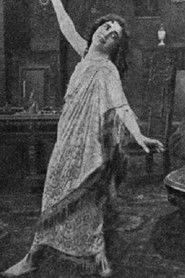 Directed by Vladimir Gardin and Yakov...
Directed by Vladimir Gardin and Yakov...